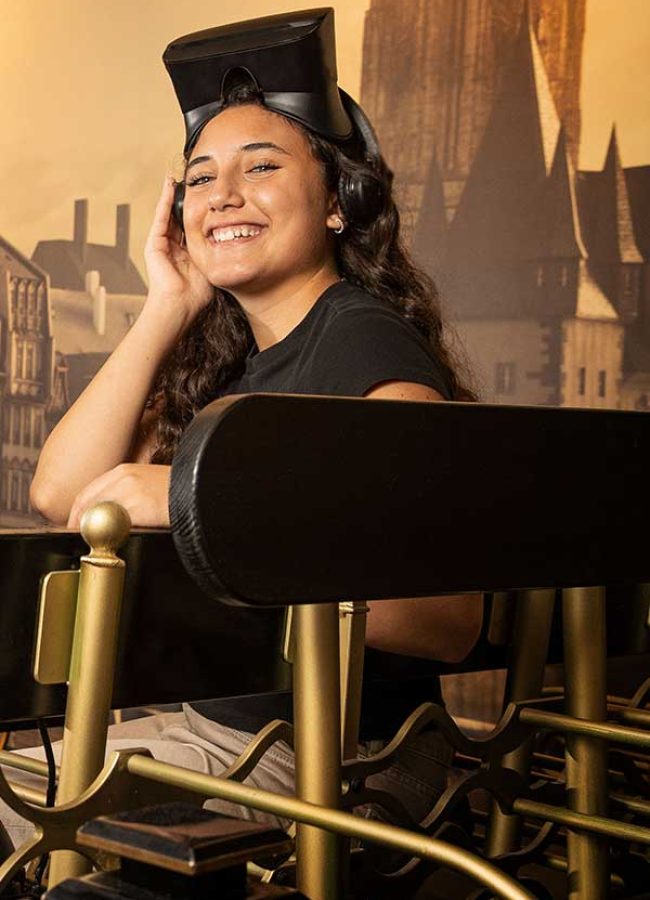TIMERIDEBlog
The future of virtual reality and edutainment - learning in immersive worlds
In recent years, virtual reality (VR) has evolved from a futuristic fantasy to an integral part of modern technology. In the education sector in particular, we are experiencing a paradigm shift in how knowledge is imparted and absorbed. VR offers a platform for “edutainment”, a combination of education and entertainment that is both educational and captivating.
from Maurice Bougnard on 15.01.2024

The immersive revolution in learning
Edutainment in VR makes it possible to experience complex concepts and historical events in a way that would be impossible in traditional learning environments. Imagine strolling through the streets of ancient Rome, witnessing the industrial revolution or exploring the depths of the ocean – all this is possible with the power of VR.
Adaptability and personalization
A key advantage of VR in the education sector is its adaptability. Learning programs can be tailored to the needs and pace of the individual, allowing for a personalized educational experience. VR systems can monitor progress and adapt the material accordingly so that each user receives optimal support.
Collaborative learning and global classrooms
With VR, users can come together in a virtual classroom regardless of their physical location. This promotes cultural understanding and cooperation on a global level. Students from different parts of the world can work together on projects and learn from each other.
Challenges and opportunities
The challenges in relation to the spread of VR in the education sector should not be underestimated. The costs for hardware and the development of high-quality learning content are high, and accessibility must be improved to enable widespread use.
A look into the future
The future of VR and edutainment looks promising. As technology advances and costs fall, VR will find its way into more and more educational institutions. We are at the beginning of a new era of learning in which edutainment through VR has the potential to change education sustainably and make it accessible to everyone.
Conclusion
Virtual reality in education is more than just a technological gimmick. It is a powerful tool that has the potential to revolutionize the way we learn and teach. In our quest to promote lifelong learning and make education accessible to all, VR could be just the tool we need to achieve these goals.

Maurice Bougnard
is Digital Content & CMS Manager at TIMERIDE. After his training and studies in design, he realized himself in tattoo art for many years. During this time, he not only learned a lot about his native city of Cologne, but also about the people who live there.
